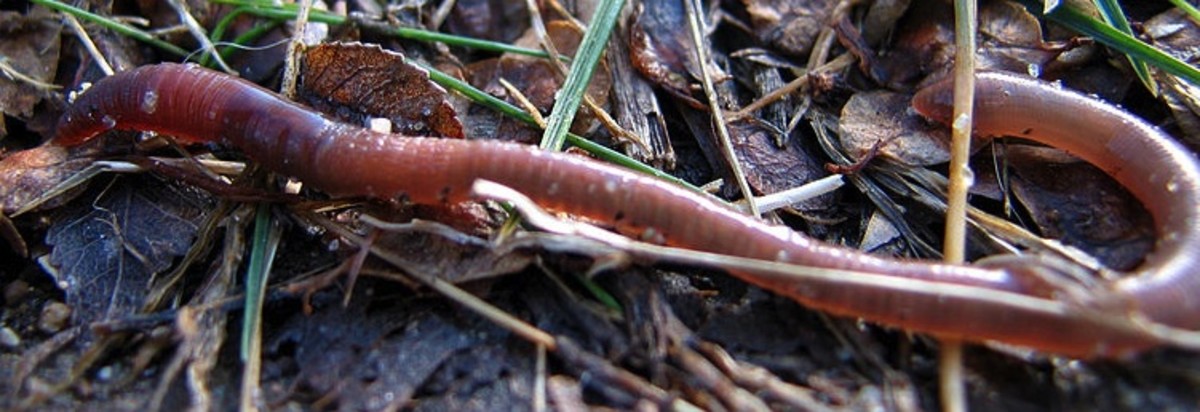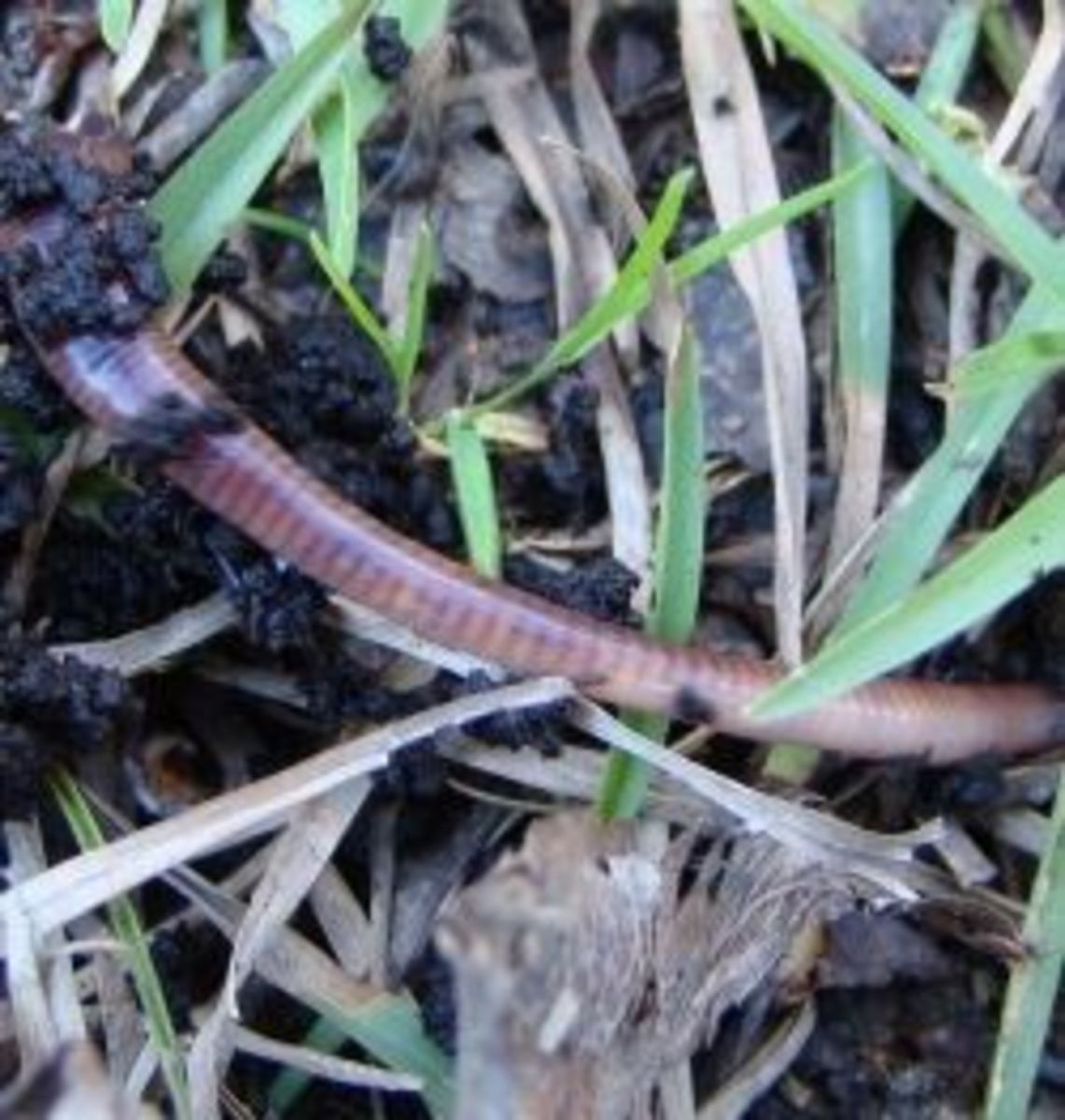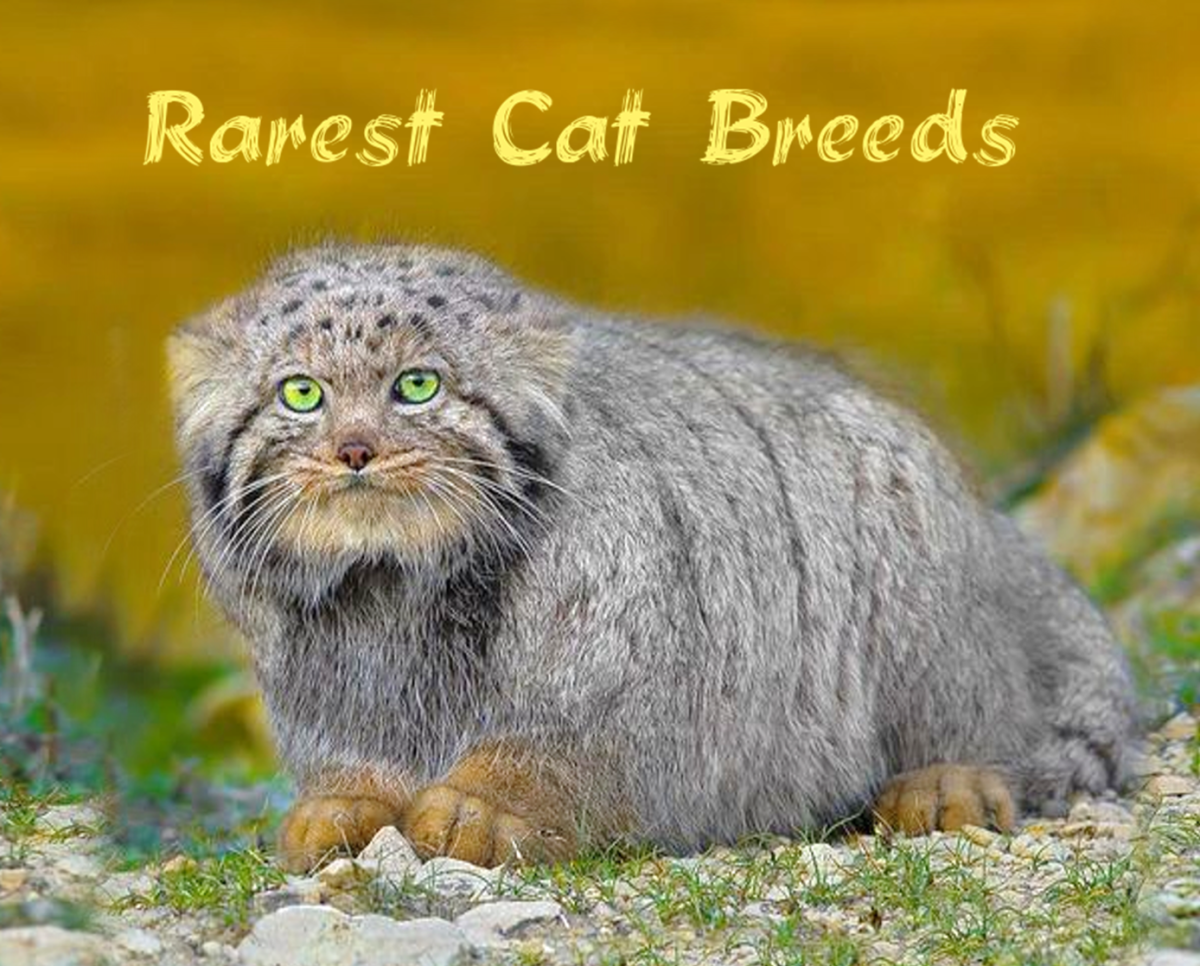Why Care for Worms
Worms Around Us
That worm isn't only good for fish bait you know. Worms, like the earthworm, are nature's very own scientists. They are Mother Nature's ecosystem engineers. What a lab, a dozen scientists and thousands of dollars in equipment and material can do to an acre of soil; can be achieved by a can of worms. You see, they are designed to improve the soil in ways that have taken lead scientists centuries to comprehend. And we still don’t understand the full scale of their behavior. But that's just general talk. Am sure you'd like the specifics. So let's get to it. Here is why you should care for worms.
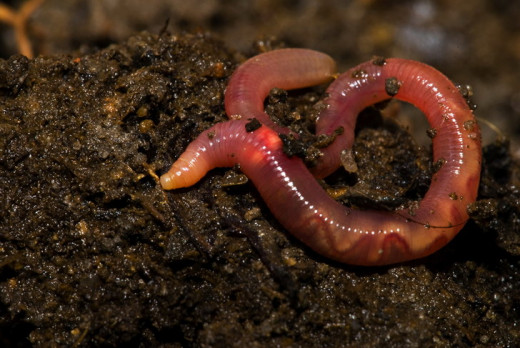
Increasing Nutrient Availability
Remember those lessons in Science class about food chains? Basically, the support base of an entire food chain is plant resources. Now, imagine breaking down that humongous source, and taking it directly into the soil. That's what worms do. They feed on plant debris (from the leaves, grasses, dead roots, vegetable waste and manure). Their digestive system does the rest-it concentrates both the organic and mineral constituents in that food. Consequently, their casts are teeming in richer nutrients than that in the soil around them. For instance, the Nitrogen in the casts can be readily assimilated by plants. Should the worms die, their bodies decompose rapidly, further enhancing the nutrient content of the soil. 500,000 worms in an acre of soil can make 50 tonnes of castings. Picture 100,000 1lb coffee cans full of castings. Yes, they produce that much.
Anatomy of the Earthworm
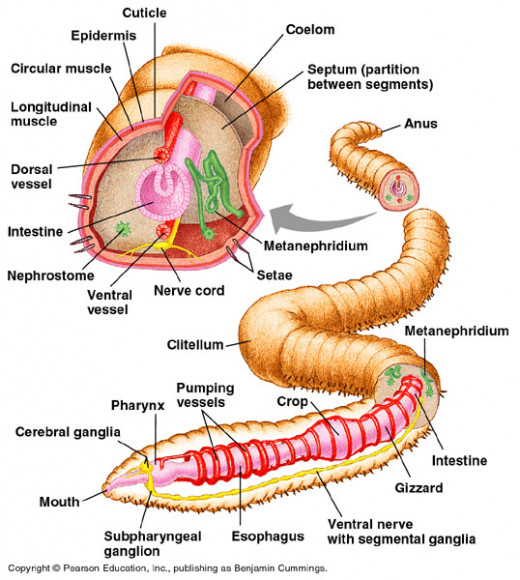
Earthworms and Casts
As the worms go around burrowing though the soil, they usually leave behind their nutrient-rich casts in the tunnels. This gives plant roots a favorable environment to grow. In fact, those worm casts provide times more phosphorus than the surface soil. So you can cut back on your fertilizer budget. Those tunnels the little creatures create also make it easier for the roots to penetrate more deeply into the soil (where there's more moisture and nutrients). All that tunneling enhances the uptake and results of the lime and fertilizer you've applied to the soil.
So you can look at worms as your free farm help.
Worms and Improving Drainage
All the burrowing and tunneling work makes for some remarkable drainage. It both loosens and aerates the soil, consequently improving its drainage capabilities. The end result is enhanced water infiltration. Soils that have worms get to drain over 10 times faster than those without. Let's say that you didn't till your soils, but there's still a high population of the little buggers. The water infiltration levels in your soils would be 6 times greater than those of cultivated soils!
500,000 worms on a 1 acre of soil can burrow a drainage system that is equal to a whopping 2000ft of 6" pipe. And they won't ask for pay or reduced work hours. Add rain, irrigation and gravity to the equation, the tunnels dug by the worms act as passage for lime and other material.
Enhanced Soil Structure
Worms are good for churning up the soil. They turn it up and about, all the way round, mixing it up really nice and well. They bring organic matter from the top of the soil and blend it with that below. Since it's the soil's structure that determines its resistance to erosion, and therefore whether future human generations will have any soil at all, the importance of worms cannot be overemphasized here.
Then it comes to the casts. They cement the soil particles together to form water stable aggregates. This simply means that your soils will be able to store moisture better. Even casts left on the surface of the soil rebuild the top soils. If the conditions are good, they can bring up to 50 tonnes per hectare on an annual basis. This is enough to form a layer which is 5mm deep throughout the whole hectare.
Enhance Productivity
As a farmer, top on the list of your priorities is productivity. If you have a kitchen garden, you want to sustain your produce. If you have a lush backyard, you want to keep it natural and beautiful, and you'll want the plants and flowers to blossom. Whichever the case, worms improve the results. Recently, there was study in Tasmania on the effects of worms. They were introduced to worm-free perennial pastures. The results were outstanding-a 70-80% increase is pasture growth. And those were only the initial figures. There was a long term 25% increase, which meant a bigger capacity for carrying stock. The correlation between total worm weight and pasture productivity was 170 kg of worms for 1 ton of dry matter production per year. That's pretty impressive for a little worm right?
Balance in the Ecosystem
Back to the food chain, the worms are meals for those above them. It's Mother Nature's design. The worms are known to be a delicacy for birds. In addition, they are fed on thy both endangered and endemic land snails.

